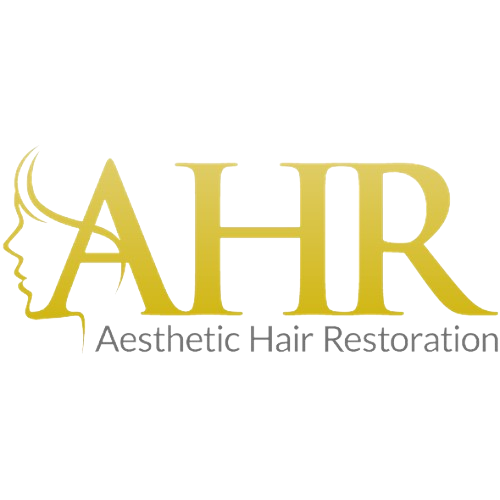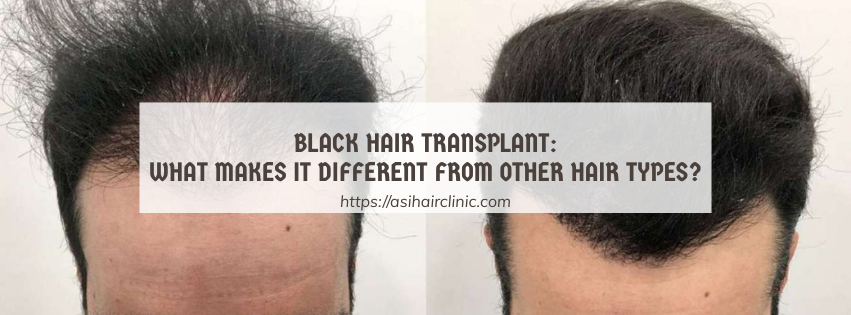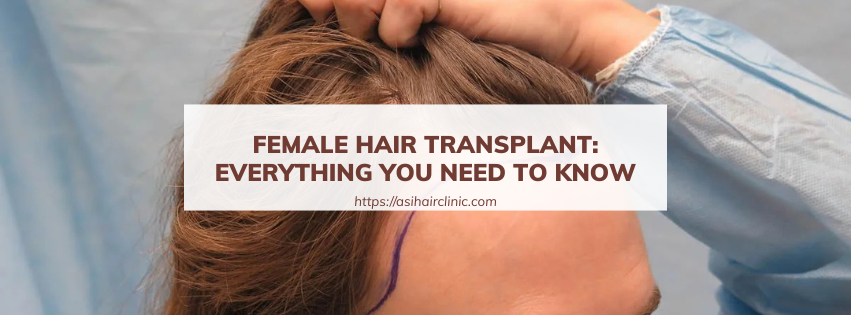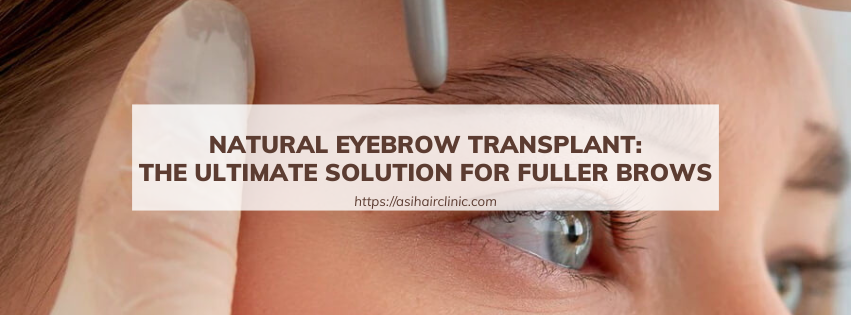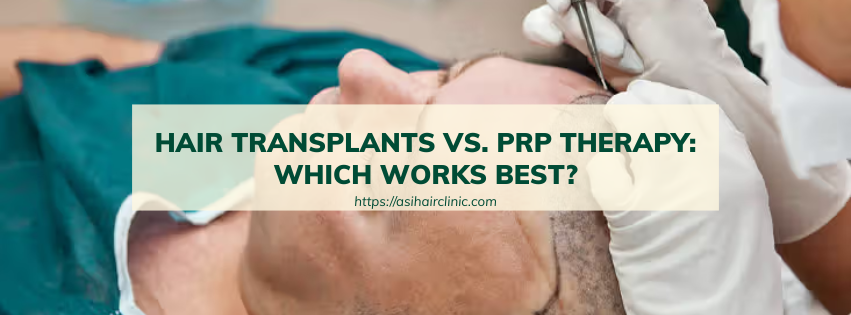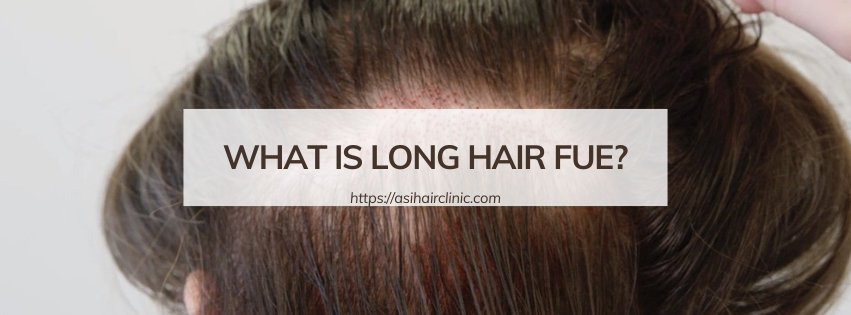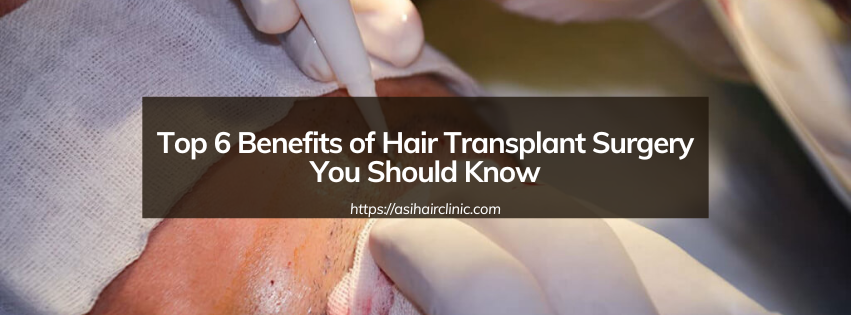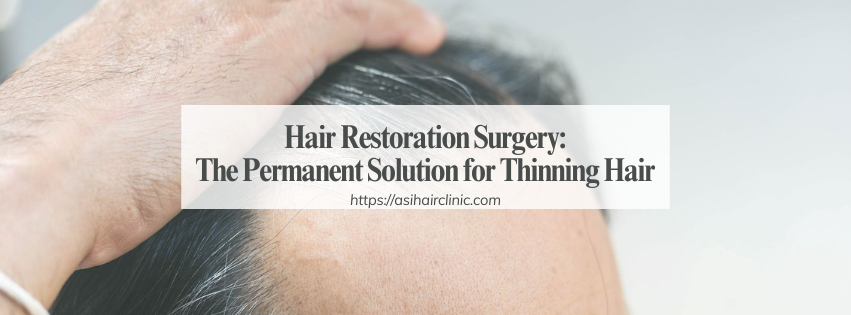Does Hard Water Cause Hair Loss?
Hard water is a common concern in many households, but can it actually cause hair loss? Hard water contains high levels of minerals like calcium and magnesium, which can build up on your scalp and hair over time. This buildup may make your hair feel dry, brittle, and more prone to breakage. While hard water itself doesn't directly cause hair loss, the damage it can inflict on your hair's health may lead to thinning or shedding over time. Understanding how hard water affects your hair and exploring solutions such as clarifying shampoos or water softeners can help you minimize its impact and maintain healthier, stronger hair.
1. Understanding Hard Water and Its Composition
Before diving into the relationship between hard water and hair loss, it’s vital to understand what constitutes hard water. Characterized by elevated levels of dissolved minerals, primarily calcium and magnesium ions, hard water originates from natural sources like rocks and soil. These minerals leach into groundwater and eventually find their way into our homes through the water supply systems.
1.1. The Characteristics of Hard Water
Hard water is usually designated based on its mineral concentration. When we talk about hard water, we refer specifically to water with higher concentrations of calcium and magnesium. The presence of these minerals can lead to numerous household complications, such as limescale buildup in appliances and plumbing fixtures. Yet, beyond these tangible inconveniences, hard water can also influence the health of our skin and hair.
1.2. Safety and Consumption
Generally speaking, hard water is considered safe for drinking; however, its mineral content can lead to skin and hair issues. Many people may not even realize they are using hard water unless they see visible signs of scale buildup around taps, or notice difficulty in achieving a lather with soap and shampoo.
1.3. The Perception of Hard Water's Impact
Despite hard water being common in many regions, its impact on personal care routines is often underestimated. People frequently attribute dull, lifeless hair to other factors like styling products or weather conditions instead of considering that the very water they use might be the culprit. As we delve deeper into how hard water interacts with our hair and scalp, it becomes increasingly important to recognize its potential effects.
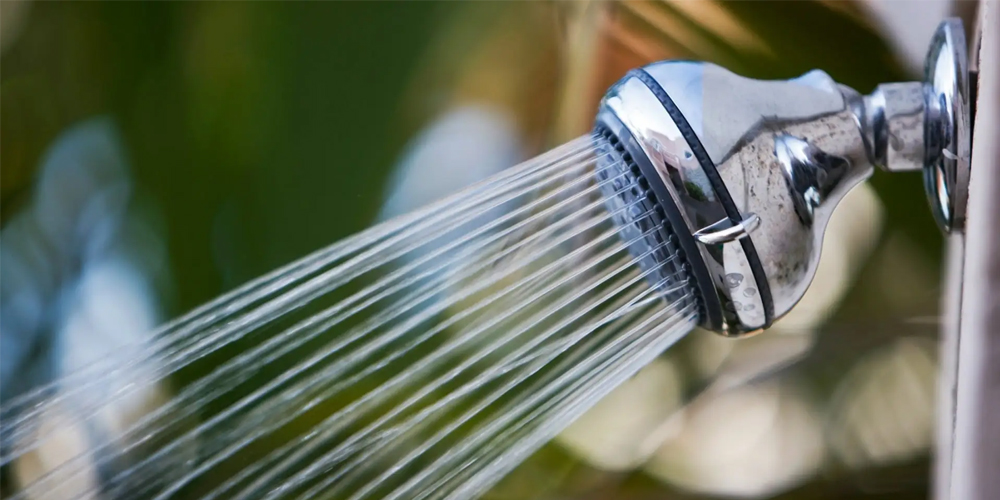
2. The Potential Impact of Hard Water on Hair
The primary concerns surrounding hard water and hair loss revolve around how these mineral deposits interact with hair follicles and the scalp. Though scientific research on this specific correlation is limited, various mechanisms have been proposed that suggest potential negative influences.
2.1. Mineral Buildup and Scalp Irritation
Hard water can leave mineral residues on the hair shaft and scalp, creating a problematic environment for hair growth and overall scalp health.
- Clogged Follicles: One major issue posed by hard water is the accumulation of mineral deposits, particularly calcium and magnesium. Over time, these minerals can clog hair follicles, creating barriers that inhibit new hair growth. This blockage can lead to weakened hair structures, making them more vulnerable to breakage. Consequently, the clogged follicles create an environment where inflammation can flourish, potentially exacerbating hair loss.
- Scalp Irritation and Inflammation: In addition to clogging follicles, mineral deposits can cause significant irritation to the scalp. Symptoms such as itching, dryness, and redness can emerge from prolonged exposure to hard water. This irritation disrupts the natural hair growth cycle, potentially leading to increased shedding and hair loss. Many individuals who have switched to soft water report noticeable improvements in scalp comfort and reduced hair fall, suggesting a link worth exploring further.
- Reduced Shampoo Effectiveness: Shampoos formulated for softer water may struggle to effectively cleanse the hair when used with hard water. The mineral buildup can weigh down the hair, causing it to appear dull and lifeless. Moreover, ineffective cleansing means that hair products may accumulate over time, contributing to additional hair problems. This subpar product performance could lead to a frustrating cycle where individuals continuously seek new products, only to find that the underlying issue-hard water-remains unresolved.
2.2. Alteration of Hair Structure and Strength
The minerals found in hard water can also directly affect the structural integrity of the hair itself.
- Weakened Hair Shaft: When hard water minerals interact with the keratin-the protein that forms the structure of the hair-they can cause the hair shaft to weaken. This process can render hair more brittle and susceptible to breakage. Individuals may notice an increase in splintered ends or an overall thinning of their hair. Both experiences contribute to the perception of increased hair loss, as broken strands cannot support a full head of hair.
- Reduced Elasticity and Shine: Hard water has also been noted to reduce the natural elasticity of hair, making it less resilient against styling and environmental stressors. Dull and lifeless hair is often a sign of damage, with lackluster shine signaling that hair isn't receiving the nutrients it needs. Mineral buildup can obstruct the cuticle, the protective outer layer of the hair, thereby leading to frizz and tangling-a frustrating experience for anyone trying to maintain a polished look.
- Increased Frizz and Tangling: As previously mentioned, hard water can disrupt the hair's cuticle, leading to increased frizz and tangling. Individuals with naturally curly or textured hair may find that hard water exacerbates their frizz problems. The struggle to manage unruly hair can become overwhelming and discouraging, prompting further investigation into the role of hard water in hair health.
2.3. Disruption of the Scalp's pH Balance
An often-overlooked aspect of scalp health is the importance of maintaining the correct pH balance. The scalp thrives in a slightly acidic environment, which is necessary for optimum hair growth and follicle function.
- Increased Scalp Sensitivity: Hard water can disrupt this delicate acid-base balance, shifting the scalp towards a more alkaline state. An increase in alkalinity can make the scalp more sensitive and susceptible to irritation. Individuals may experience uncomfortable sensations, including tightness or stinging, after washing their hair with hard water.
- Impaired Hair Follicle Function: The consequences of an alkaline scalp extend beyond mere discomfort; it can impede the functionality of hair follicles. If the scalp’s environment is compromised, it can lead to slowed hair growth or even hair loss over time. Given the critical role that a healthy scalp plays in sustaining lush locks, it's essential to pay attention to how external factors, like hard water, may be influencing overall hair health.
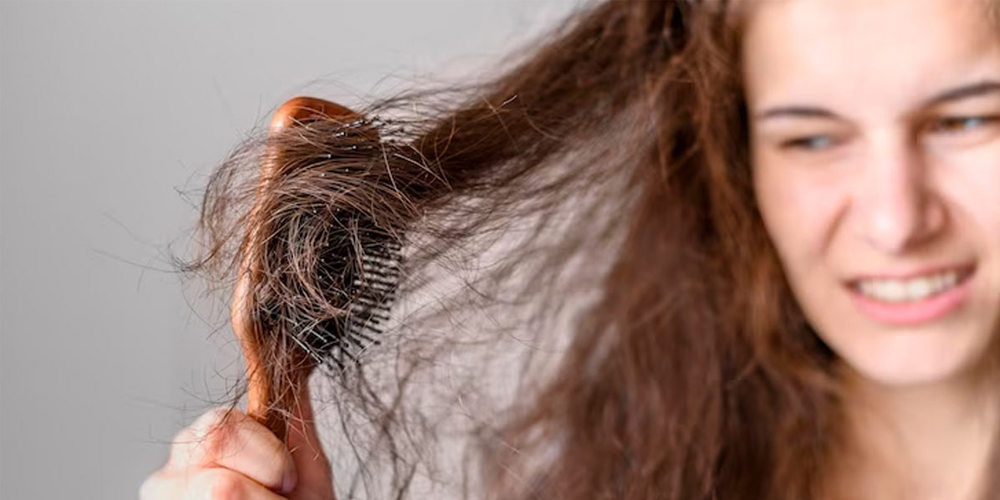
3. Scientific Evidence and Research
While the anecdotal ties between hard water and hair loss are compelling, scientific studies investigating this relationship remain sparse. Much of the existing research addresses the effects of hard water on skin rather than hair.
Limited Studies: There are not many dedicated studies examining the direct impact of hard water on hair loss. Most available literature focuses on the broader implications of hard water on skin health, providing only indirect insights into its potential consequences for hair.
Observational Studies: Some observational studies have suggested correlations between increased hair issues, such as thinning or scalp problems, and geographic regions with hard water. However, these observations fail to establish direct causation, largely because multiple variables can contribute to hair loss.
Difficulties in Isolating Variables: One of the biggest challenges in proving a definitive link between hard water and hair loss lies in isolating the impact of hard water from other contributing factors. Genetics, stress, hormonal fluctuations, and lifestyle choices all play significant roles in hair health. For example, someone living in a hard water area may also be experiencing stress, poor nutrition, or genetic predispositions-all of which complicate research efforts.
Role of Other Factors: It’s crucial to understand that while hard water may contribute to hair loss, it rarely acts as the sole catalyst. Numerous elements can exacerbate the problem:
- Genetics: Conditions like androgenetic alopecia are largely hereditary and can significantly influence hair loss patterns.
- Hormonal Changes: Shifts in hormone levels, especially during key life phases such as pregnancy or menopause, can trigger hair loss in both men and women.
- Nutritional Deficiencies: A lack of essential vitamins and minerals, including iron, zinc, and biotin, can hinder hair growth, making it vital to maintain a balanced diet for optimal hair health.
- Medical Conditions: Various medical issues, including thyroid disorders and autoimmune diseases, can also lead to increased hair shedding.
- Stress: Psychological stress can significantly disrupt the hair growth cycle, resulting in increased hair fall as well.
- Medications: Certain drugs, such as blood thinners and chemotherapy agents, are well-known for their potential side effects concerning hair loss.
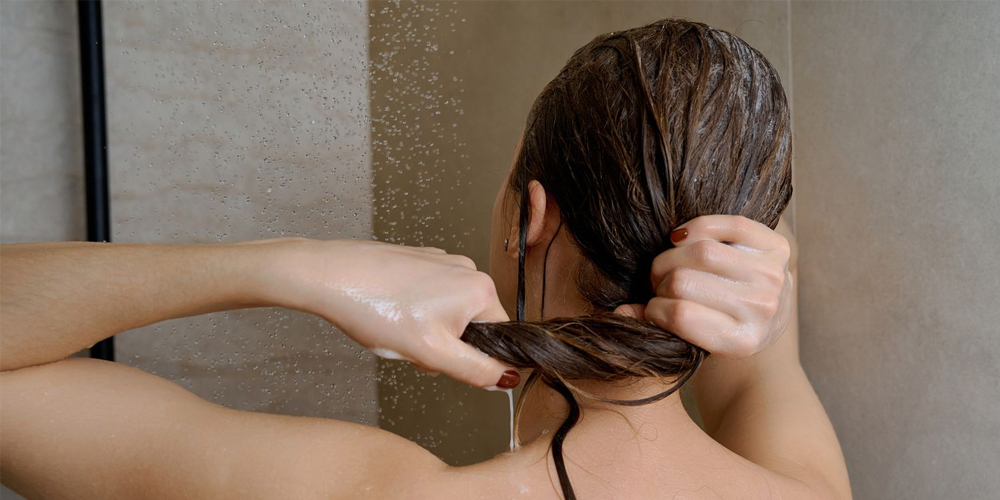
4. Managing Hard Water's Potential Impact on Hair Loss
If you’re concerned about the possibility that hard water might be affecting your hair health, several effective measures can help mitigate any negative effects.
- Water Softener: A water softener is a highly effective solution for reducing the mineral content in your water supply, rendering it softer and less likely to cause scalp and hair issues. These devices work by exchanging calcium and magnesium ions with sodium or potassium ions, helping alleviate some of the adverse effects associated with hard water.
- Shower Filters: For those who may not have the option to install a full water softening system, shower filters offer an excellent alternative. These filters can remove many minerals before the water comes into contact with your scalp and hair, thereby minimizing potential damage.
- Clarifying Shampoo: Employing a clarifying shampoo can be instrumental in removing mineral buildup from your hair and scalp. These specialized shampoos are designed to provide a deep clean and can help restore your hair's vitality and shine. However, it is crucial to use them sparingly, as excessive use may strip the hair of its natural oils.
- Apple Cider Vinegar Rinse: Using an apple cider vinegar rinse can be an effective natural remedy to help balance the scalp's pH and eliminate mineral deposits. Diluting apple cider vinegar with water and applying it after shampooing can support scalp health and improve hair texture.
- Hydrating Hair Products: Opting for hair products specifically designed for dry or damaged hair is another vital step. These products can help replenish moisture and enhance manageability, counteracting the drying effects of hard water.
- Consult a Dermatologist or Trichologist: If you are experiencing considerable hair loss and suspect that hard water may be a contributing factor, consulting a dermatologist or trichologist can provide valuable insights. These professionals can assess your condition, identify other possible causes, and develop a customized plan tailored to your hair health needs.
Conclusion
The notion that hard water causes hair loss remains a complex topic deserving careful consideration. While evidence supporting a definitive causal relationship is limited, the mechanisms by which hard water could negatively influence hair health are plausible and warrant closer examination.
Nonetheless, it’s essential to acknowledge that hard water is rarely the singular cause of hair loss. Genetic predispositions, hormonal imbalances, dietary deficiencies, and lifestyle factors all intertwine to inform the health of your hair. By recognizing the potential impacts of hard water and implementing effective strategies-such as employing water softeners, shower filters, and targeted hair care products-you can take proactive steps toward preserving and nurturing vibrant, healthy hair.
LATEST POSTS
